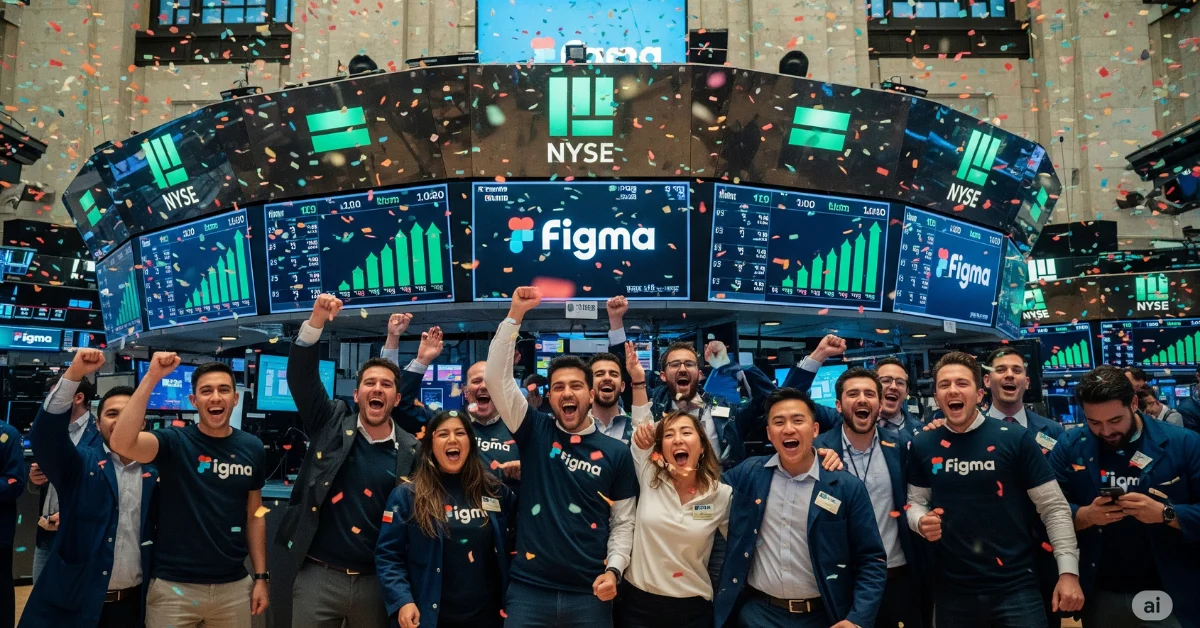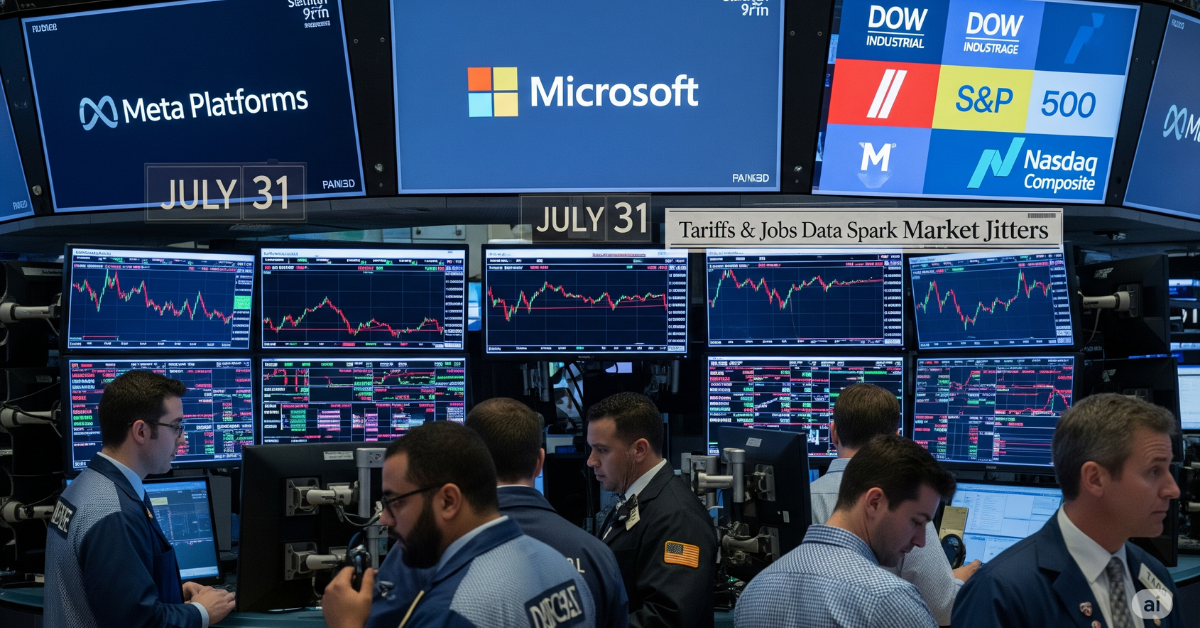Figma made a dramatic entrance into the public markets on Thursday, with its stock soaring more than 250% on its first day of trading on the New York Stock Exchange. Figma initially set its IPO price at $33 per share, but the stock made a powerful market entry, opening at $85 and closing at an impressive $115.50. This remarkable first-day performance elevated the company’s market valuation to approximately $68 billion, reflecting a strong resurgence of investor optimism in the tech IPO space an area that had remained largely dormant since early 2022.
This successful launch follows a period of IPO inactivity caused by high inflation and rising interest rates over the last few years. In 2025, however, momentum has returned, with several companies like online bank Chime, stablecoin firm Circle, AI infrastructure provider CoreWeave, and health-tech players Hinge Health and Omada Health all going public. Figma’s performance is one of the strongest indicators that the tech IPO market is finally regaining traction.
Figma, founded in 2012 and headquartered in San Francisco, offers web-based collaborative software for designing apps, websites, and presentations. It gained massive popularity with over 13 million monthly users two-thirds of whom are not professional designers. The platform has become an essential tool for teams at major companies like Google, Microsoft, Netflix, and Uber.
The road to its IPO has been eventful. Back in 2022, Adobe revealed its intention to acquire Figma in a $20 billion deal. However, the agreement was ultimately abandoned in 2023 after the U.K.’s Competition and Markets Authority expressed concerns that the merger might hinder innovation and reduce competitive dynamics within the design software industry. Since then, Figma has continued to grow independently under the leadership of CEO Dylan Field.
Field, now 33 years old, spoke on CNBC shortly after the IPO, highlighting the importance of staying grounded despite the market excitement. He stressed that the company must stay focused on its mission and keep customer needs at the center of its growth. Field reminded his team that share price is just a moment in time, emphasizing long-term vision over short-term stock movements. Based on Thursday’s closing price, Field’s personal stake in Figma is now worth more than $6 billion.
In its IPO prospectus, Figma reported that more than 1,000 customers pay over $100,000 annually for access to the platform. For the second quarter, the company disclosed revenue between $247 million and $250 million up about 40% from the previous year along with operating income between $9 million and $12 million. These numbers suggest not only growth but also a path toward sustainable profitability.
Figma’s IPO journey also involved upward revisions in pricing. Initially, shares were expected to sell for $25 to $28. This was later adjusted to $30 to $32 due to strong investor interest, and the final IPO price was set at $33. The offering raised $1.2 billion, with the bulk of the proceeds going to existing shareholders and early backers like Greylock Partners, Index Ventures, Kleiner Perkins, and Sequoia Capital.
According to Lynn Martin, president of the NYSE, Figma’s high demand and successful debut could encourage more private tech companies to explore going public. She commented that the deal’s strength and investor appetite indicate a broader reopening of the IPO market. With strong pricing and lingering demand still visible in the order book, Martin believes more IPOs are likely to follow.
Figma also secured a spot on CNBC’s 2025 Disruptor 50 list, ranking 45th among the most innovative private firms. Now public, it stands as a key player not only in the design space but also in the overall software-as-a-service (SaaS) landscape. Its transition to a publicly traded company may inspire other startups to take similar steps as market conditions continue to improve.
The overwhelming success of Figma’s IPO not only marks a milestone for the company itself but also signals a broader shift in the tech investment climate. As investor confidence returns and more IPOs line up, Figma’s debut could be remembered as the spark that reignited public offerings in the technology sector.



